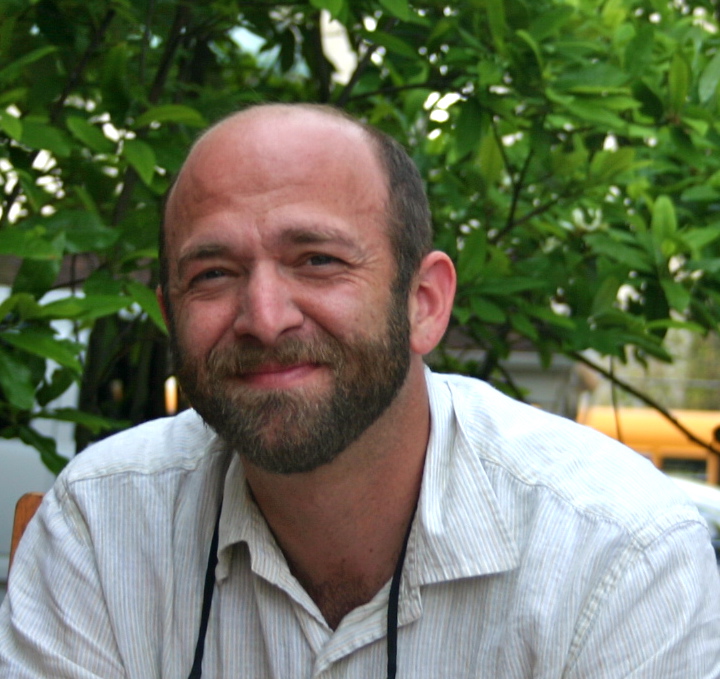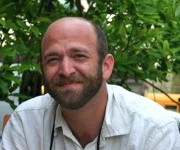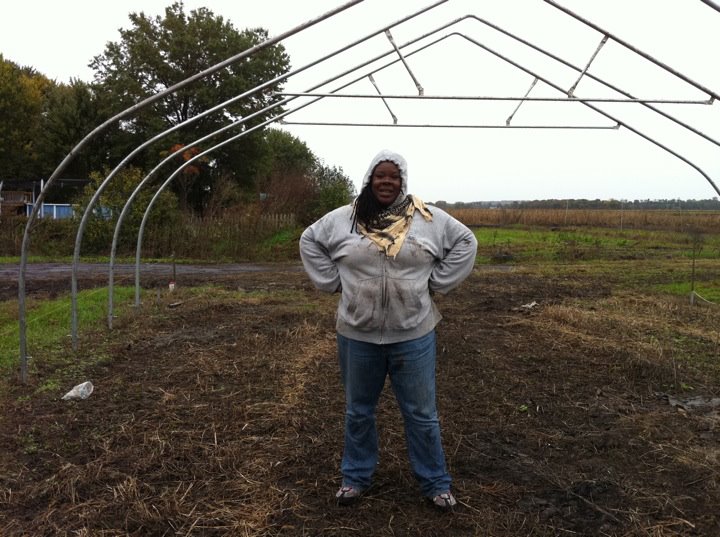Grist is proud to present the Change Gang — profiles of people who are leading change on the ground toward a more sustainable society and a greener planet. Some we’ve written about before; some are new to our pages. Some you’ll have heard of; most you probably won’t. Know someone we should add to the Change Gang? Tell us why.
 Justin Maxson has learned at least one big thing in his 10 years as president of MACED, the Mountain Association for Community Economic Development: When he tries to convince rural eastern Kentucky residents about the benefits of energy efficiency or certified forest products or any other environmentally progressive idea, abstractions don’t work. He is far more likely to make headway if his argument makes cold hard economic sense.
Justin Maxson has learned at least one big thing in his 10 years as president of MACED, the Mountain Association for Community Economic Development: When he tries to convince rural eastern Kentucky residents about the benefits of energy efficiency or certified forest products or any other environmentally progressive idea, abstractions don’t work. He is far more likely to make headway if his argument makes cold hard economic sense.
MACED specializes in financing environmentally sustainable, community supported economic development strategies. But it can’t bank on people wanting simply to do the right thing: That retrofit must make a dent in the monthly utility bills; the carbon offsets for responsible forestry management must put cash back in people’s pockets. That’s the unavoidable reality when working in a region as economically depressed as Appalachia.
Maxson’s roots in central Appalachia go back 200 years, a fact reflected in a slow drawl that sounds as softly worn as the mountains themselves. He credits his own interest in social justice to his grandmother, who taught in a one-room schoolhouse in Kentucky in the 1930s, and who instilled in her grandson the importance of grappling with root causes, instead of just obsessing over “symptoms.”
“She always wanted to know why poverty in Appalachia was what it is today,” says Maxson, “and her desire to get at the reason, the real problem, has always stuck with me.”
Changing our energy habits isn’t easy anywhere in the United States. But it is particularly hard, concedes Maxson, in Kentucky, which plays an influential role in conservative national politics far out of proportion to its size. The Senate minority leader, Mitch McConnell, and the chair of the powerful House Appropriations Committee, Hal Rogers, are both Kentucky Republicans, as is the notorious Rand Paul, who never met an environmental regulation he didn’t think was socialist tyranny.
Even though only about 1 percent of Kentucky’s labor force is employed in the coal sector, and the economics of coal in Appalachia are under sustained assault from much cheaper western coal, the industry still plays a disproportionately large role in shaping public attitudes and government policy. Presenting a different way to visualize Kentucky’s future is a huge part of what MACED is about.
“We are trying to create this new sense of what is possible,” says Maxson. “So we run a lot of direct projects that create tangible examples on the ground of sustainable development at work.”
Examples include a combination carbon offset/certified forestry products program that has about 30,000 acres under sustainable management now, and How$mart, an energy retrofit financing program.
“Which brings me back to my grandma,” says Maxson. “We’re trying to figure out what are the root problems and where are the opportunities to drive and create a different future. I’m not saying it’s necessarily energy efficiency or forestry or wood products, but those are all sectors with both economic and environmental potential. Getting underneath them to try and figure out how we can stimulate demand takes policy work, it takes these kinds of demonstrations, it takes telling stories.”
And, stresses Maxson, we shouldn’t let the prominence of some of Kentucky’s more famous politicians on the national scene obscure the fact that there are “pockets of hope and recognition in the state that we’ve got to figure out another way, we’ve got to create a different and more creative future.”
“Folks get that it is a shifting landscape,” says Maxson. “Clearly there are powerful forces aligned that keep people like McConnell and Rogers in office, and at the same time there is this growing sense that the next 20 years can’t be like the last 20 years.”



